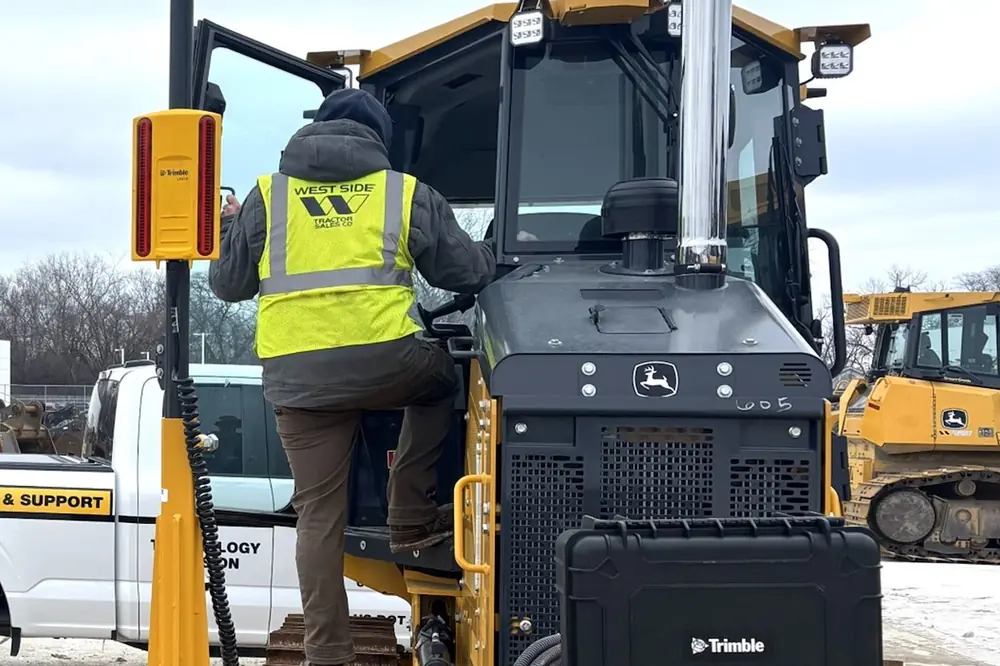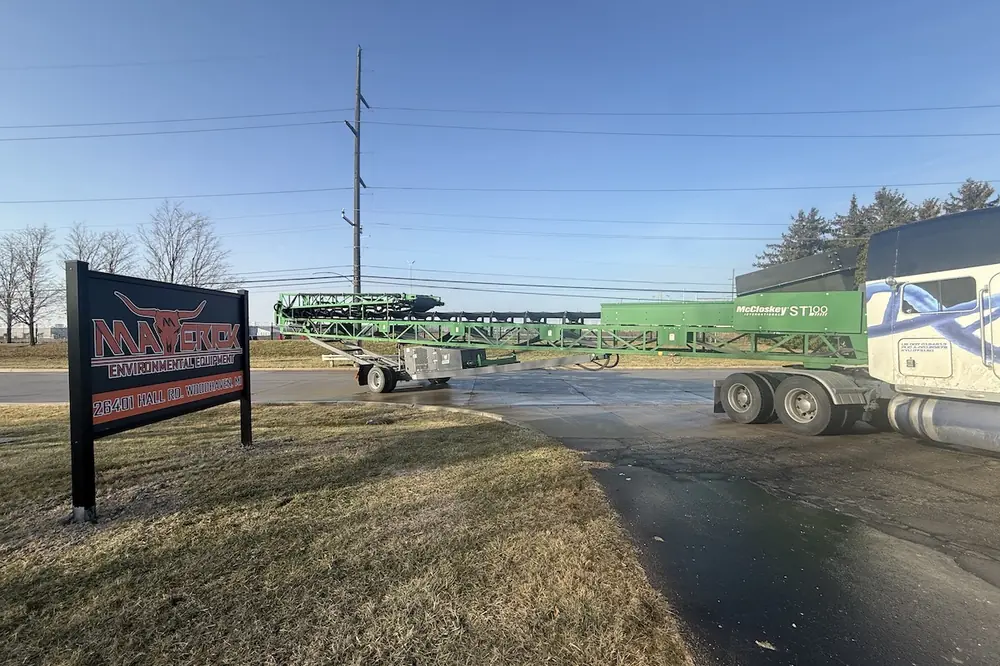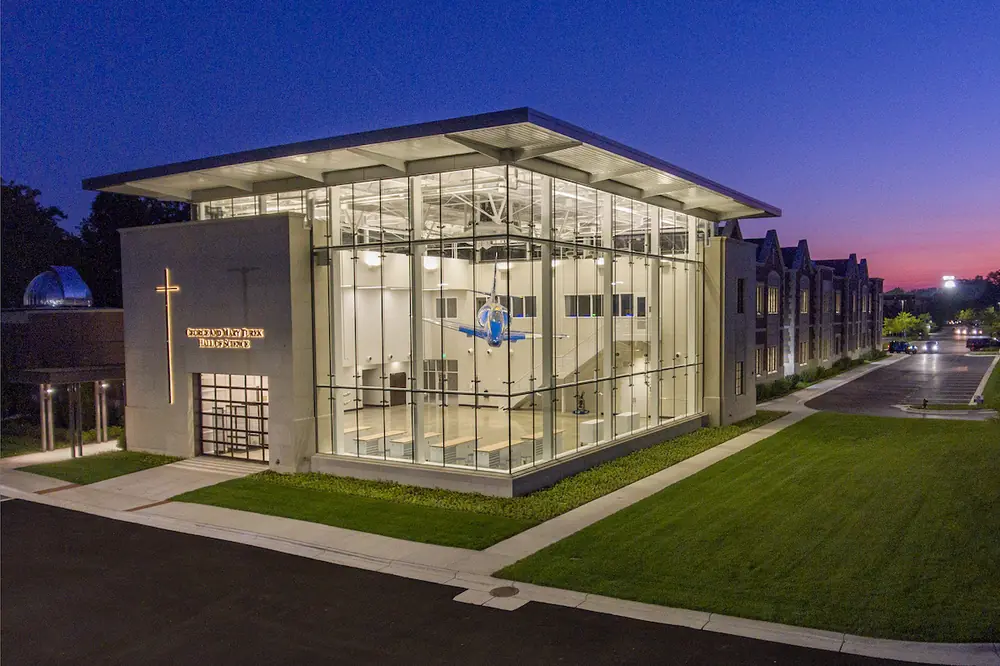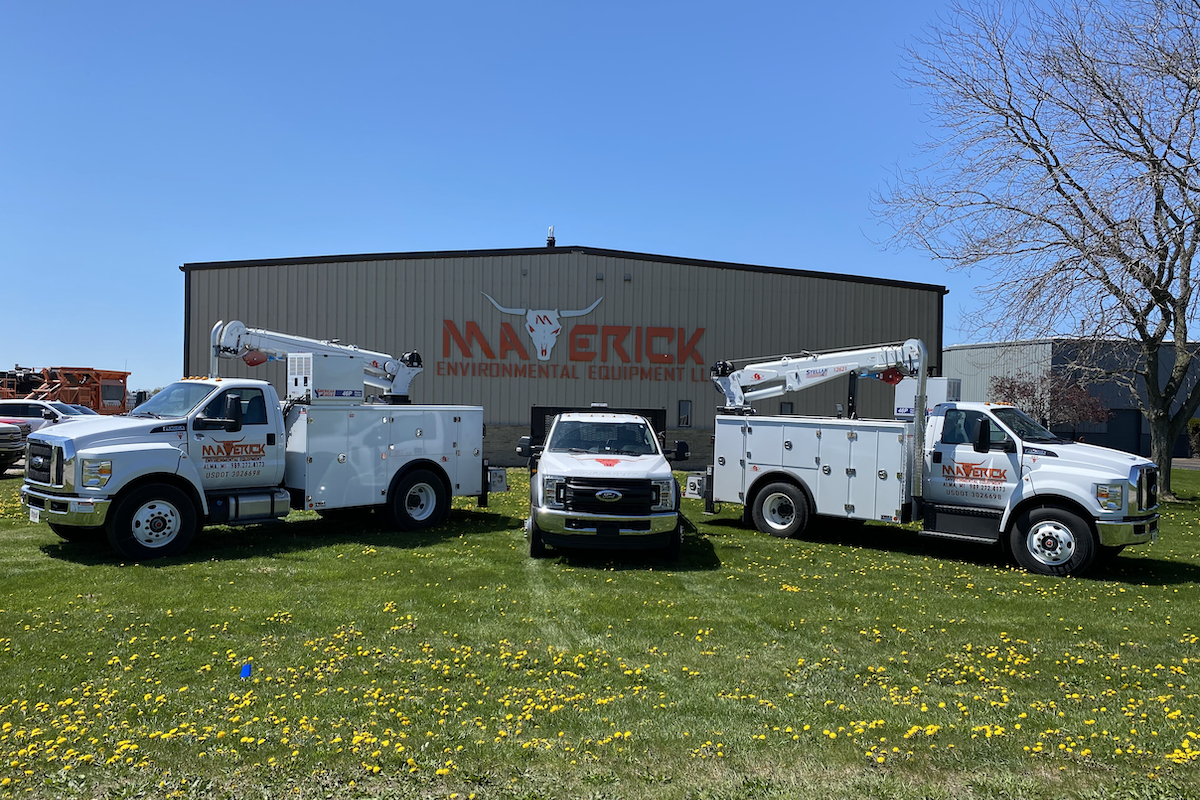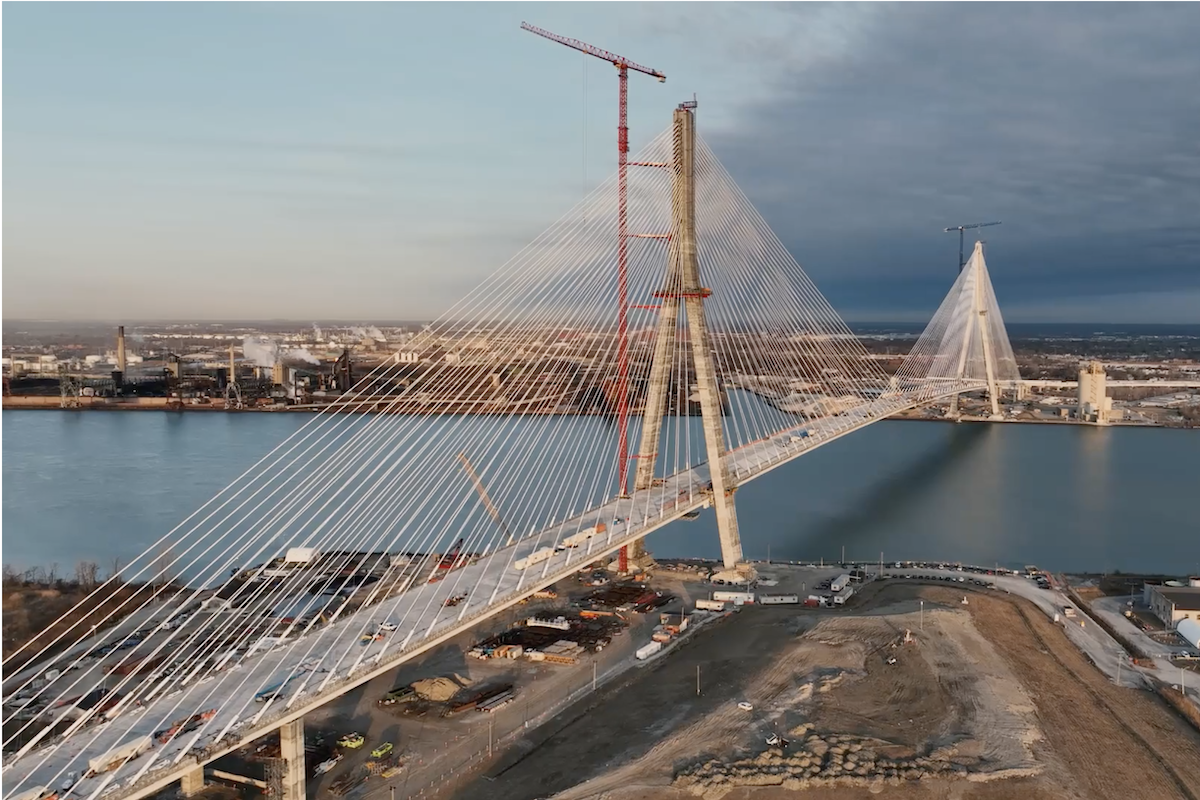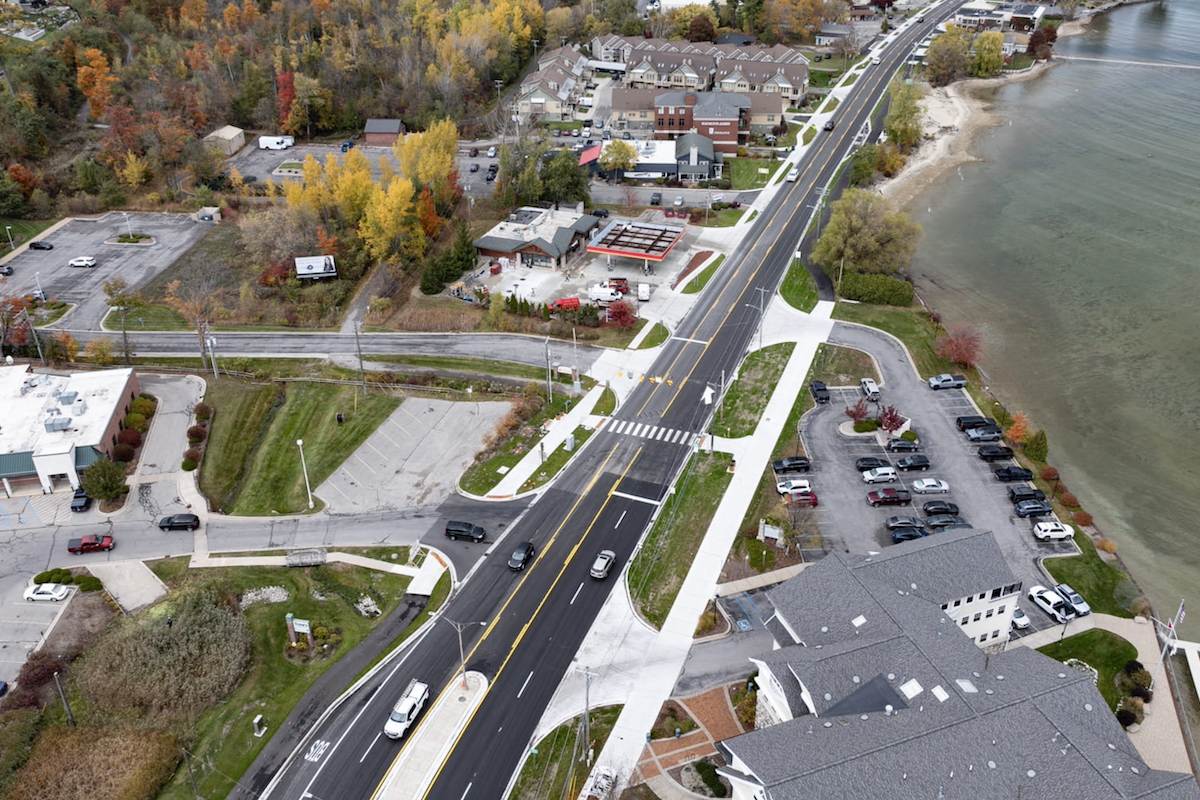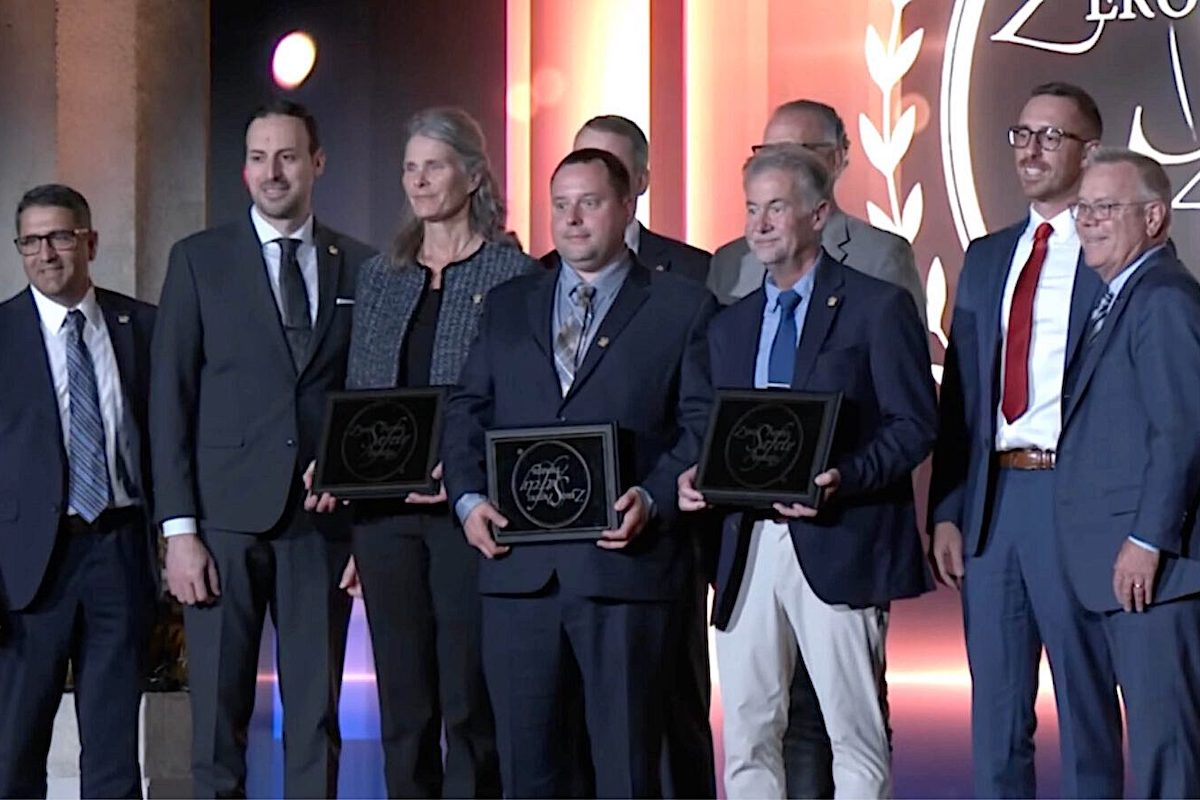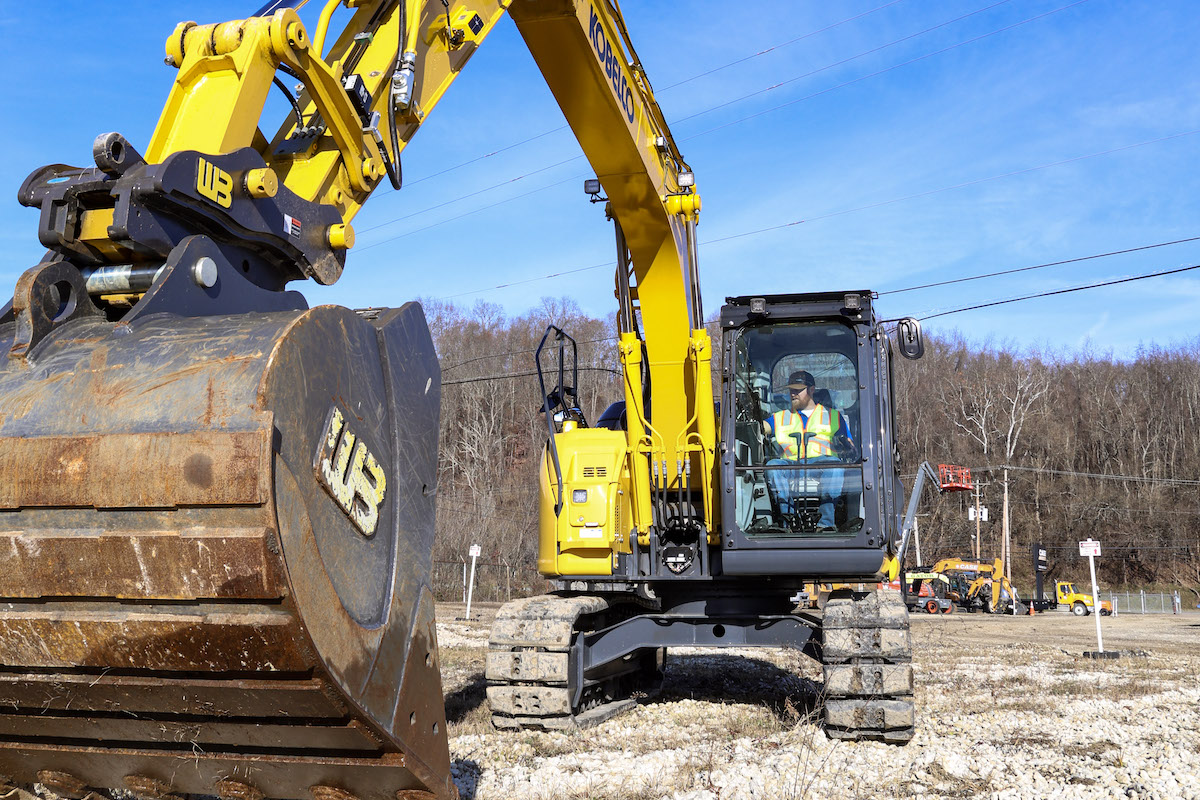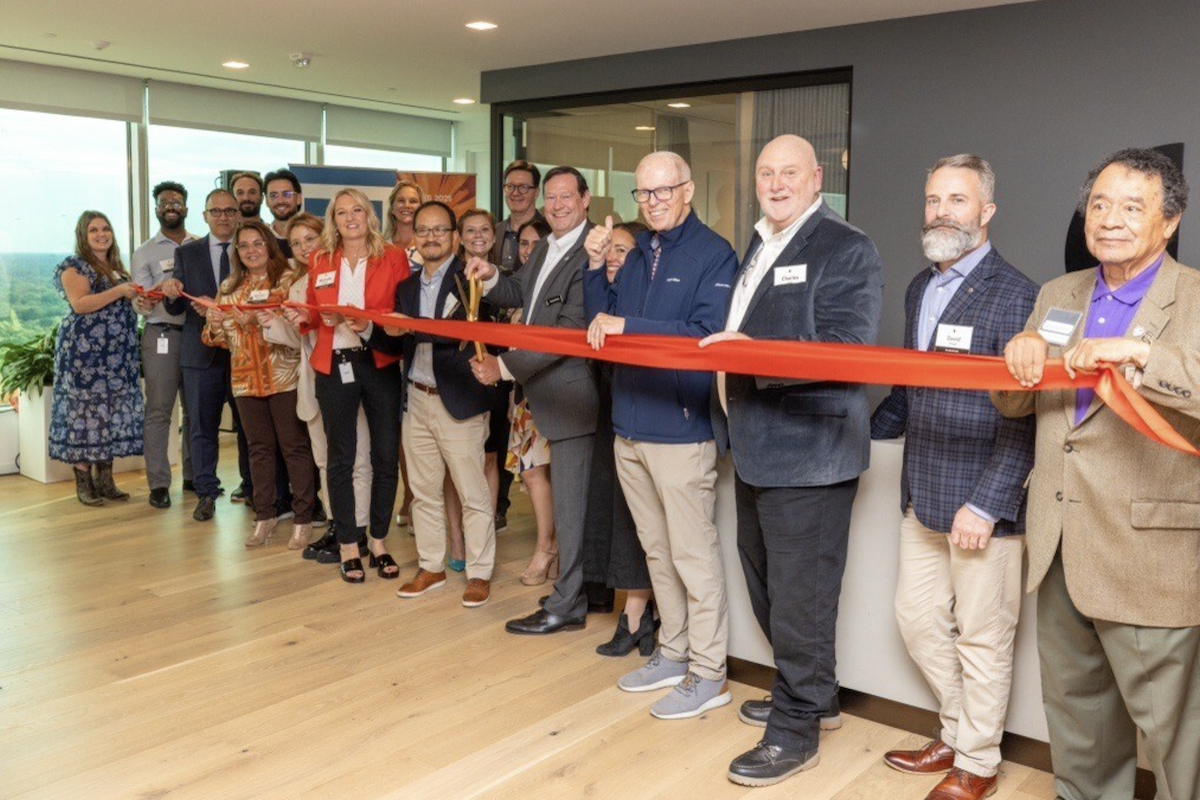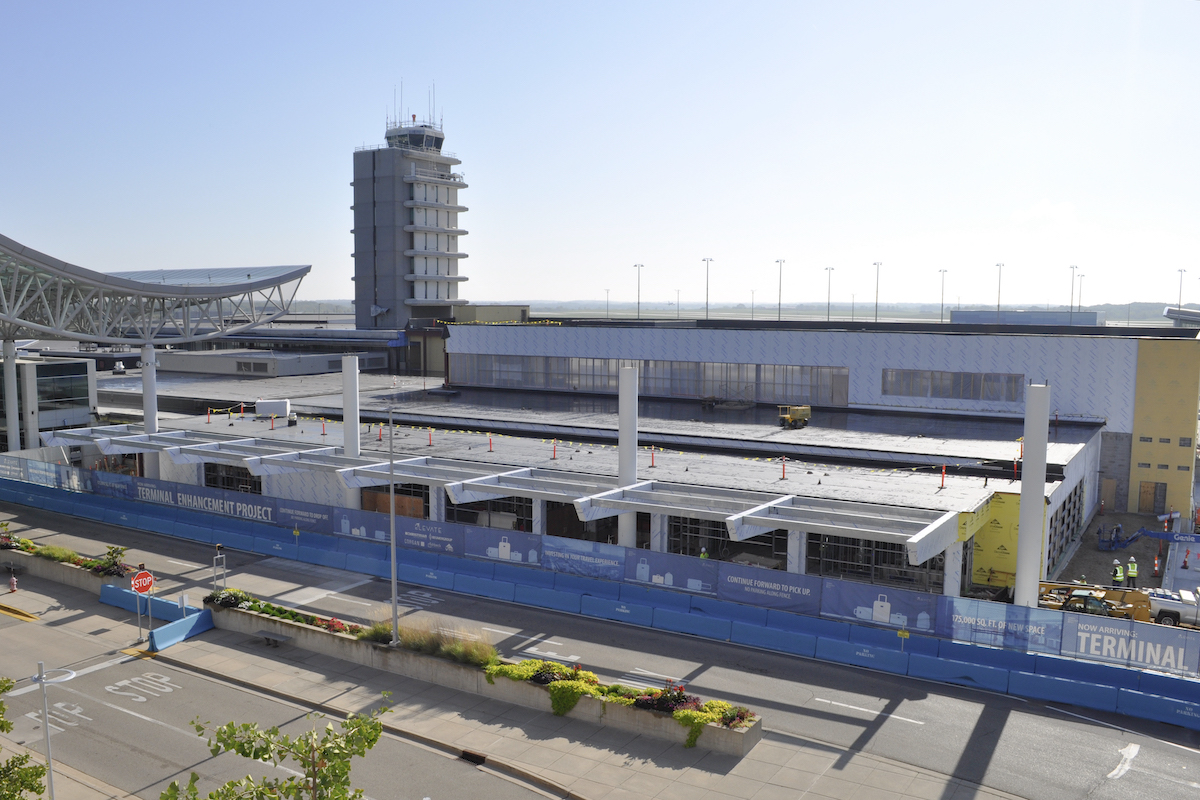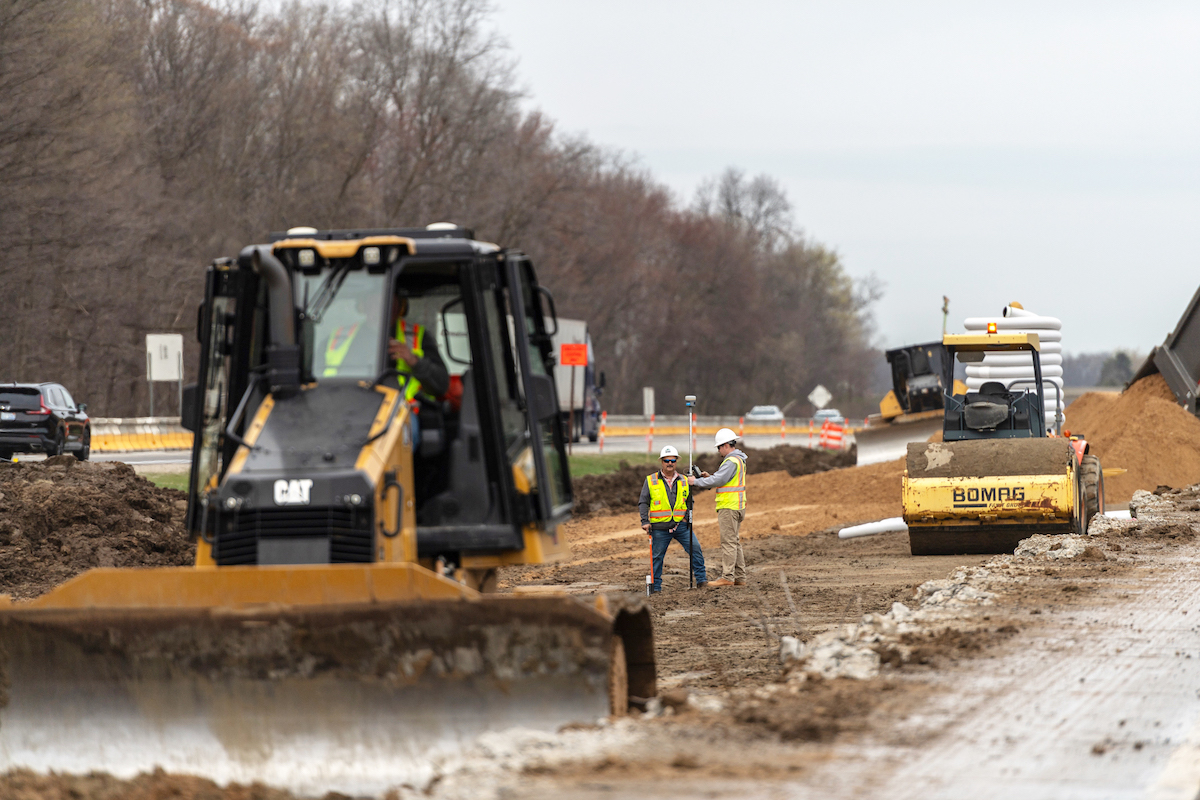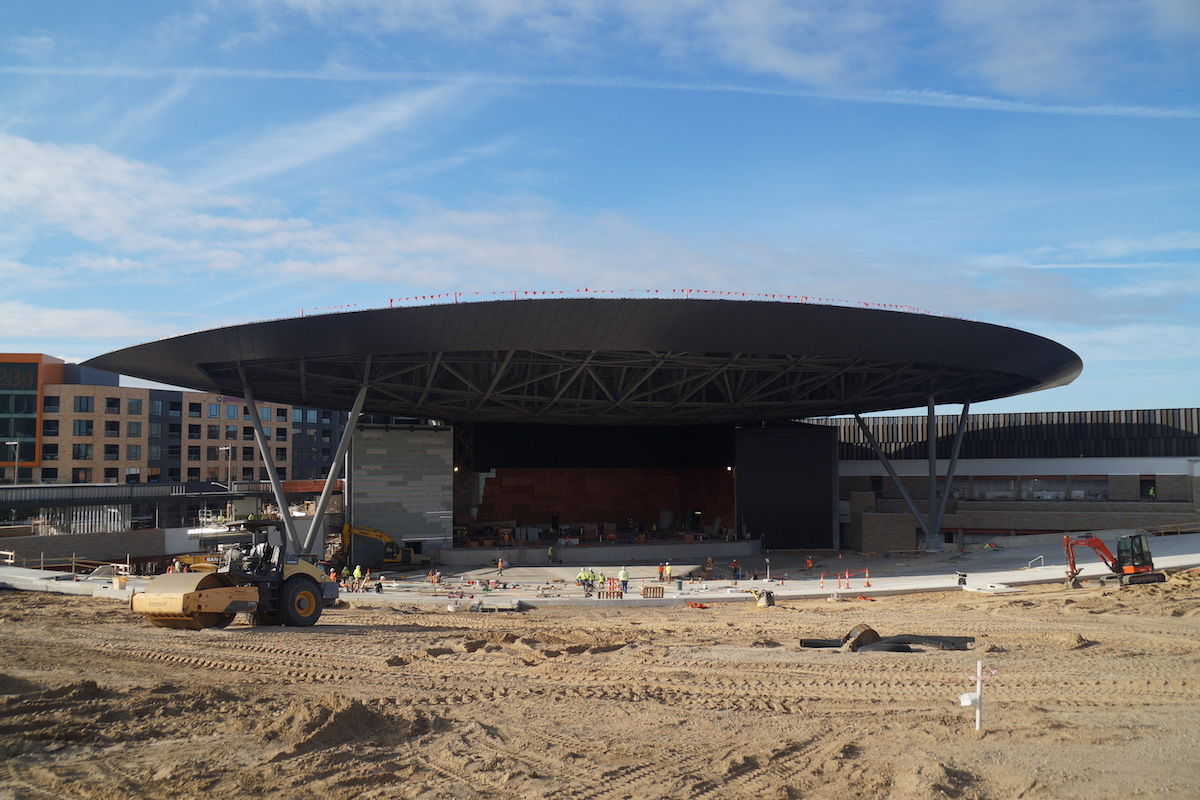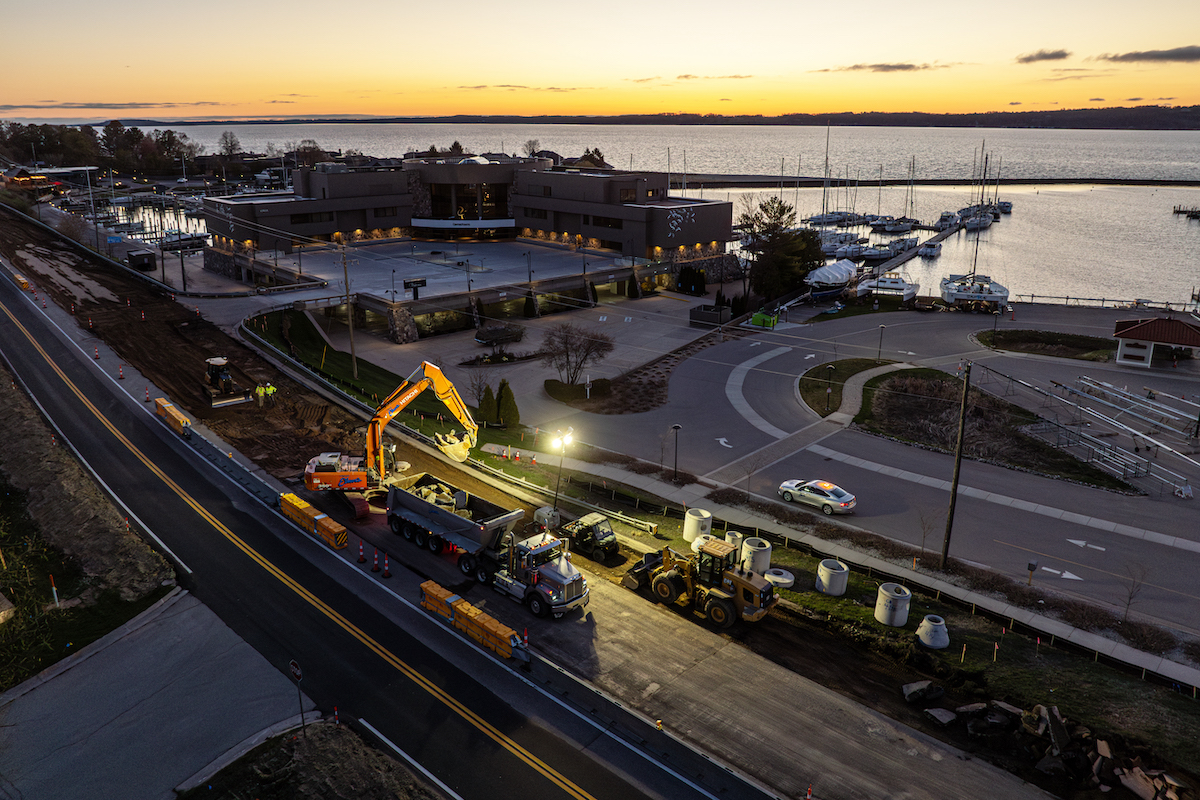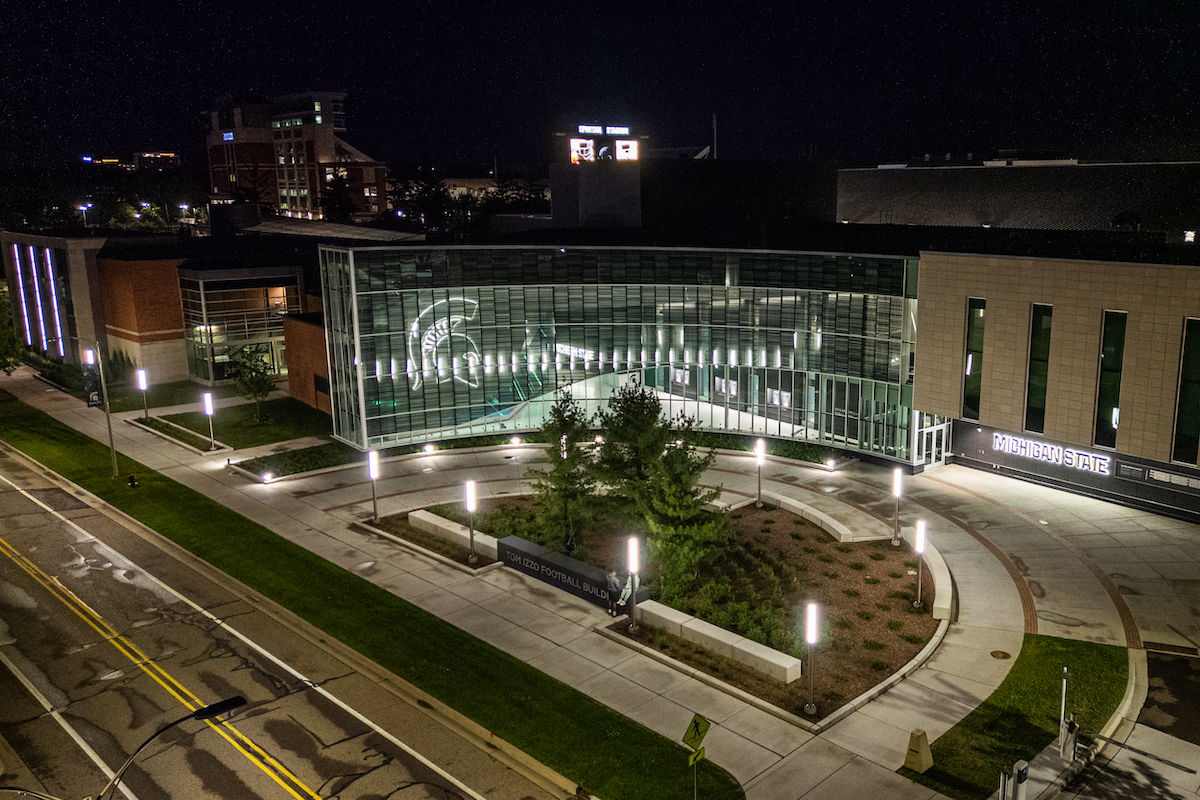The selections include $1.8 billion for critical resilience projects funded by the Building Resilient Infrastructure and Communities (BRIC) national competition and $642 million for Flood Mitigation Assistance (FMA) community-scale flood mitigation projects. These selections build on $160 million in BRIC and FMA selections that FEMA announced in May for efforts to support mitigation projects, project scoping, and adoption of hazard-resistant building codes. Combined, the funds awarded this grant cycle of the BRIC and FMA programs total nearly $3 billion including management costs.
“FEMA’s Building Resilient Infrastructure and Communities or BRIC program continues to shift the focus from reactive disaster spending toward proactive investment in community resilience,” said Tom Sivak, Regional Administrator, FEMA Region 5. “I am encouraged to see so many states, communities, and tribal nations throughout Region 5 taking these monumental steps towards addressing the climate crisis and strengthening the nation’s resilience, including underserved communities that are most vulnerable.”
“From Hawaii to Maine, and everywhere in between, we are seeing the increasing frequency and intensity of natural disasters, devastating communities nationwide. Though FEMA will always help communities respond and recover to these disasters, it is also paramount to build resilience before disasters strike,” Criswell said. “Thanks to President Biden’s Bipartisan Infrastructure Law, we have more resources than ever to meet this moment and provide our state, local, territorial, and tribal partners with the resources they need to help us create a more resilient nation.”
The top five primary hazard sources of the projects selected in the national competition for each program include flooding, infrastructure failure, fire, drought, and dam or levee break hazards.

| Your local Trimble Construction Division dealer |
|---|
| SITECH Michigan |
Additionally, five tribal nations, including Red Lake Band of Chippewa Indians, Bad River Band of Lake Superior Chippewa Indians, Lac Courte Oreilles Band of Lake Superior Chippewa Indians, Oneida Nation of Wisconsin, and Menominee Indian Tribe of Wisconsin received selections for more than $10 million.
This includes critical mitigation projects and activities, several of which are nature-based solutions, to reduce natural hazard risks for states, local communities, tribes, and territories. Nature-based solutions are sustainable planning, design, environmental management and engineering practices that weave natural features or processes into the built environment to promote adaptation and resilience.
In Michigan, the project selections include:











